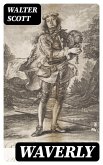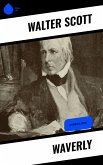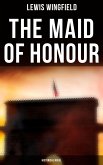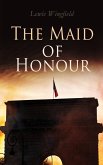Walter Scott's "Waverley" is a seminal work that explores the complexities of Scottish identity during the Jacobite uprising of 1745. Presented through a vibrant narrative style, Scott deftly weaves elements of historical fiction with romanticism, offering readers not only a gripping tale but also a richly textured insight into the socio-political landscape of 18th-century Scotland. The unabridged version ensures that the nuances of characterization and thematic depth are preserved, presenting a comprehensive portrayal of the protagonist, Edward Waverley, whose journey becomes a metaphor for the struggle between tradition and modernity. Walter Scott (1771-1832), heralded as the father of historical novels, was influenced by his profound Scottish heritage and the political turmoil of his time. His experiences as a law clerk navigating the complexities of Scottish culture and his passionate interest in folklore and history provided a fertile ground for the themes explored in "Waverley." Scott's personal connections to the Highland landscape further enrich his depiction of the period, infusing the narrative with authenticity and emotional resonance. "Waverley" is highly recommended for readers interested in historical narratives that delve into national identity and cultural conflict. Its compelling characters and vivid depictions of Scottish life make it not only an enjoyable read but also a significant contribution to the understanding of Scottish literature and history.
Dieser Download kann aus rechtlichen Gründen nur mit Rechnungsadresse in A, B, BG, CY, CZ, D, DK, EW, E, FIN, F, GR, H, IRL, I, LT, L, LR, M, NL, PL, P, R, S, SLO, SK ausgeliefert werden.









